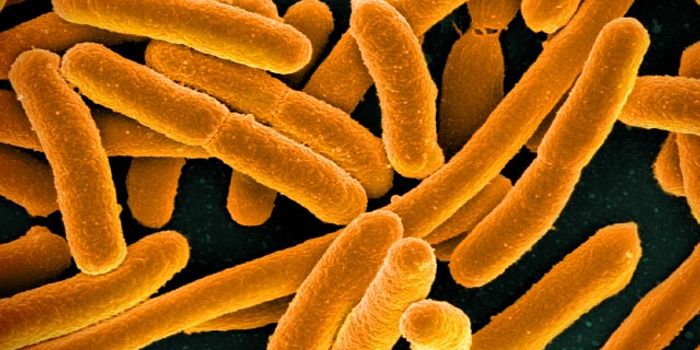How Neanderthal DNA Affects the Health of Modern Humans
About a decade ago, research teams showed that modern humans still carry remnants of Neanderthal DNA, confirming that Neanderthals and humans interbred. About one to four percent of the genomes of non-Africans is comprised of Neanderthal genes. It's thought that these genes are still influencing some of the traits of people, and potentially, the risk or development of some diseases.
Scientists have now learned more about how the Neanderthal DNA still carried by modern humans is impacting biology. The findings have been reported in eLife. In this study, the researchers created new computational tools to analyze the genetic consequences of the interbreeding that occurred between non-African humans and Neanderthals around 50,000 years ago.
They used data from the UK Biobank, including genetic information from almost 300,000 UK residents of non-African ancestry, and over 235,000 small changes in the genetic sequence, or variants that have probably come from Neanderthals. Unlike previous work that did not entirely remove genetic variants that are found in modern humans, the method used in this study focused more specifically on gene variants derived from Neanderthals.
Of the variants that were assessed, 4,303 appear to have a significant impact on modern humans, and these variants influence 47 different traits, such as an individual's calorie burn rate or their natural resistance to certain diseases. Two Neanderthal variants seem to be affecting liver enzyme function, others influence the the level of a particular receptor on immune cells; one region linked to Neanderthals has also been associated with arthritis; and changes in a gene called COQ10A, which has been linked to several diseases, were also connected to Neanderthals.
The investigators also showed that while some Neanderthal genes are still affecting the immune system, the genes of modern humans are taking precedence over the course of generations.
"Interestingly, we found that several of the identified genes involved in modern human immune, metabolic, and developmental systems might have influenced human evolution after the ancestors' migration out of Africa," said co-lead study author April (Xinzhu) Wei, an assistant professor of computational biology at Cornell University.
Unlike previous studies that could not fully exclude genes from modern human variants, the new study leveraged more precise statistical methods to focus on the variants attributable to Neanderthal genes. The custom software used in this work has also been made freely available to others, added Wei.
Although this research was limited to individuals in the United Kingdom, the methodology could be applied in other research to get a more complete picture of how the genetics of archaic humans has affected us.
We can gain a deeper understanding of how the biology of present-day humans has been shaped. "More broadly, our findings can also provide new insights for evolutionary biologists looking at how the echoes of these types of events may have both beneficial and detrimental consequences," said senior investigator Sriram Sankararaman, an associate professor at the University of California, Los Angeles.
Sources: Cornell University, eLife









